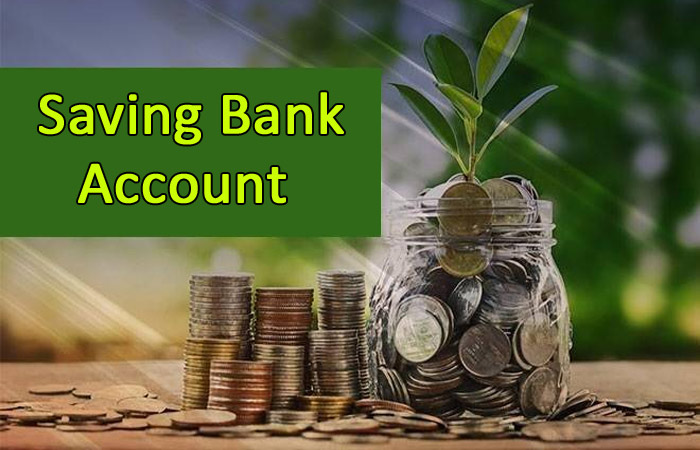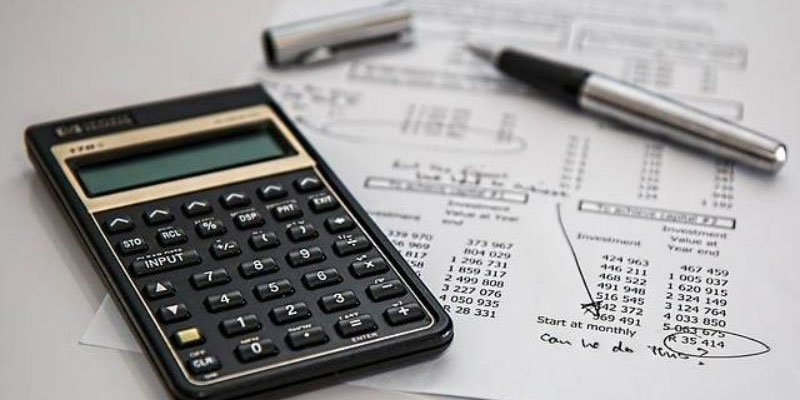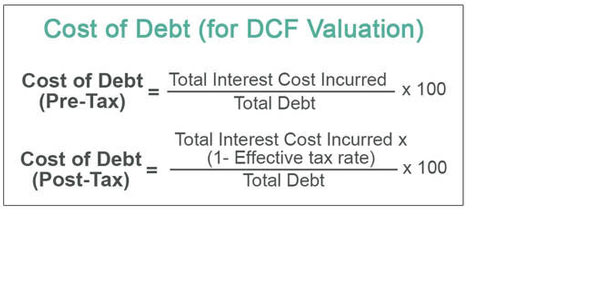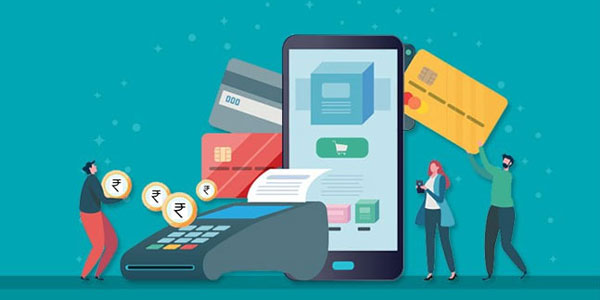First, you'll need to start putting money down for a down payment. Putting the money away regularly needs discipline. However, careful consideration must be given to where the money is best kept. Saving up a significant amount of money for a down payment may be done in a variety of ways, including traditional banks, internet banks, or the stock market.
How Much Money You Should Set Aside
A down payment is a money paid to a lender, usually a bank, to assist offset some of the risk involved in providing a mortgage to buy a property. Lenders favor borrowers who can put down at least 20% on the house. Typically, you won't be able to borrow more than an 80percent of the home's worth from them. It's possible to get a loan with only a deposit of less than 20 percent if you have good credit or if you are fit for a particular financing program.
However, it's important to remember that borrowers are often expected to pay PMI on top of their mortgage payment in order to qualify for the programs that provide such favorable conditions. In contrast, if your credit record or other criteria indicate that you are a high-risk borrower, the bank may need a larger proportion of the home's worth as a down payment prior to actually approving your mortgage. Naturally, if you do have the means, you may choose to put down more than 20 percent of the home's worth as a down payment. As a general rule, the larger the down payment, the lower the mortgage amount and the lower the monthly bill will be.
Methods That Work Best For Amassing a Down Payment
Savings Account

The most straightforward and straightforward option is generally to keep the money in your savings account at the very same financial institution where you conduct your checks. You can start a savings account fast if you're an existing client, and you can then easily move funds from your bank account to it, be it manually or automatically, every paycheck. There is a drawback to this strategy, however. Because typical savings accounts pay such low-interest rates, this is a pitiful return on your money.
High-Yield Savings Account
High-yield savings accounts provide greater interest without losing FDIC or NCUA safeguards. The most direct route is to stick with your present financial institution. In reality, several financial institutions limit these accounts to current customers. As their name indicates, high-yield savings accounts offer significantly more interest than conventional savings accounts, often ten to twenty times as much. Online-only banks provide higher rates on such accounts. If you don't mind not having a physical location, one of these online institutions could be the finest way to save money.
You may experience lengthier delays while transferring funds from your checking to your savings account if you are not an existing online banking client at the receiving financial institution. Even interest rates offered by digital savings accounts pale in comparison to the possible returns from alternative investing strategies.
Brokerage Account
You may choose to let your down payment capital build up in an investing account at a big brokerage if you don't mind taking on more risk. A high-yield savings account won't come close to the possible gains that you may get by investing in mutual funds or stocks using this account.
Because of the stock market's unpredictability, though, you can't be sure of getting those strong returns when you require them. Thus, people who have the luxury of time and can manage to ride out any market swings can open an equities brokerage account rather than rush into a real estate purchase. The stock market usually rebounds from declines over time, and long-term returns for the money invested in equities tend to be stronger.
Scrutinize your expenses
Find strategies to reduce your spending if you wish to save extra. That requires taking a careful examination of your monthly financial statements to find where you may reduce. Do you actually require a membership to Netflix, Spotify, Disney+, and any other multimedia service? If you have a gym membership, how frequently do you use it? Is it possible for you to begin brewing your own coffee at home rather than getting one at the coffee shop every morning? Even though these are relatively small costs, remember that every penny matters.
Move back home

Last but not least, reduce or eliminate housing costs to save for a down payment. Because of the growing cost of living, you may want to revisit the idea of moving back into your childhood room. As per Rent.com, a one-bedroom flat cost $1,741 per month in May 2022. If you skipped that installment for a year, you'd have almost $21,000 in savings, enough for a mortgage down payment. Once you've unpacked and gotten established, don't forget to throw a thank-you meal for your family and friends.
The Bottom Line
In light of the fact that you'll probably need big bucks for a down payment, it's advisable to investigate the finest places to keep that money and choose the one that fits your requirements and priorities. If you value ease of use above all else, opening a savings account with the same traditional bank you use for other services is your best bet. If you want a bit more return & don't mind waiting for interbank transactions, you may earn higher interest with an online bank. The highest profits are found in investment accounts, but only if you are willing to take on some risk. However, they carry a greater chance that your down payment savings may decline in value precisely when you require the money.



